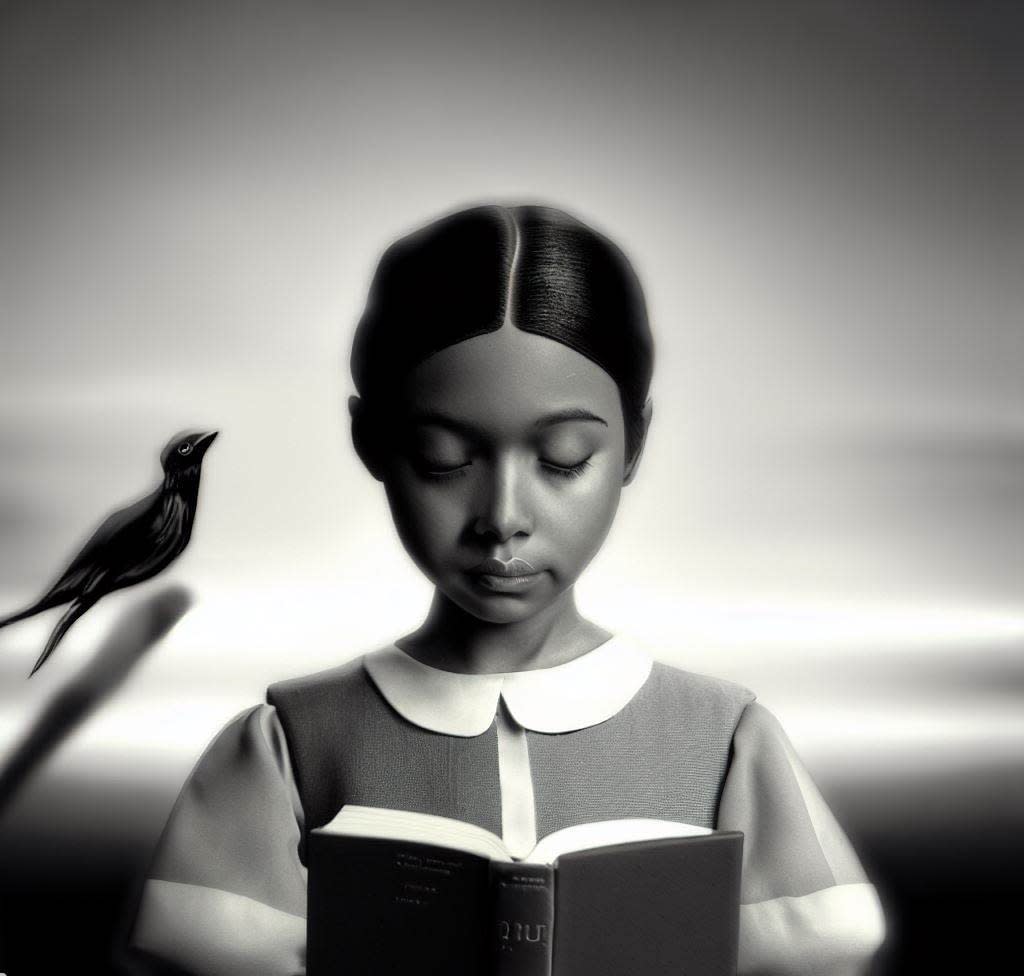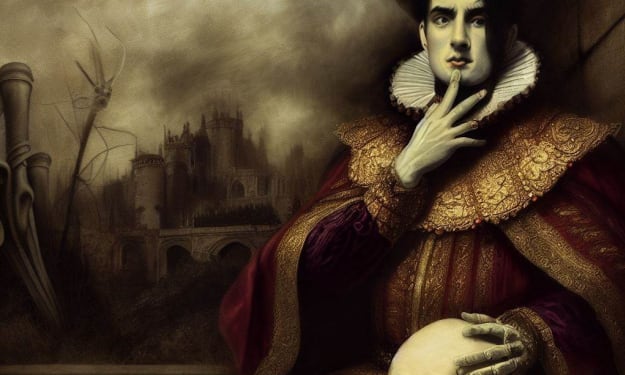
"To Kill a Mockingbird" by Harper Lee is a timeless classic that explores the themes of racism, prejudice, and the search for justice in the small town of Maycomb, Alabama, during the 1930s. Through the eyes of the young and curious Scout Finch, readers embark on a poignant journey that exposes the harsh realities of society, challenges the moral fabric of a community, and highlights the importance of empathy.
Engaging Subtitle: Innocence Lost, Courage Found
Set against the backdrop of the Great Depression, Scout Finch, a tomboyish and intelligent girl, narrates the story of her childhood experiences. Together with her older brother Jem and their best friend Dill, they embark on a quest to unravel the mystery surrounding their reclusive neighbor, Boo Radley. However, as they delve deeper into the secrets of Boo's life, they unknowingly set foot on a path that will forever change their understanding of their town and its inhabitants.
The racially charged atmosphere of Maycomb becomes evident when Scout and Jem's father, Atticus Finch, a principled lawyer, is assigned to defend Tom Robinson, a black man accused of raping a white woman. Atticus, a paragon of integrity and compassion, teaches his children the importance of empathy and the need to fight for justice, even in the face of overwhelming prejudice.
The trial of Tom Robinson becomes the pivotal moment in the narrative, showcasing the deep-rooted racism prevalent in the town. Lee masterfully weaves together the courtroom drama with Scout's innocent perspective, providing readers with a thought-provoking exploration of the moral complexities surrounding racial injustice.
As the trial progresses, Scout, Jem, and their friend Dill bear witness to the stark realities of inequality. Their eyes are opened to the harshness of society as they witness firsthand the bigotry, intolerance, and ignorance that plague their community. Lee's powerful narrative serves as a poignant reminder of the injustices faced by marginalized individuals, while also highlighting the transformative power of empathy and understanding.
Through the character of Boo Radley, Lee portrays the consequences of prejudice and the importance of looking beyond appearances. Boo, initially feared and misunderstood by the children, ultimately becomes their unexpected protector. This transformation underscores the novel's central message that true courage lies not only in the face of danger but also in challenging one's preconceived notions and finding compassion for others.
Lee's skillful storytelling immerses readers in the vividly depicted world of Maycomb. The subtle nuances of the characters and the town itself create an authentic and immersive experience. Scout's distinctive voice, brimming with wit and innocence, serves as a lens through which readers can explore the complexities of society.
"To Kill a Mockingbird" is a compelling examination of the human condition, highlighting the moral dilemmas and societal pressures that individuals face. It challenges readers to confront their own prejudices and recognize the importance of empathy and compassion in building a just and inclusive society.
As the story unfolds, Scout, Jem, and Dill encounter a series of events that test their understanding of right and wrong. Through the trials and tribulations they face, they learn valuable lessons about the complexities of humanity and the importance of standing up for what is right, even in the face of adversity.
Lee's exploration of race and prejudice is as relevant today as it was when the book was first published in 1960. "To Kill a Mockingbird" continues to resonate with readers of all generations, serving as a reminder of the lasting impact of discrimination and the enduring need for empathy and understanding in a world marked by injustice.
In conclusion, "To Kill a Mockingbird" is a powerful and thought-provoking novel that invites readers to question their own beliefs and confront the harsh realities of racism and prejudice. Through Scout's innocence and Atticus's unwavering integrity, Harper Lee crafts a narrative that inspires readers to strive for a more just and compassionate society. With its timeless themes and enduring messages, this classic work continues to captivate readers, leaving an indelible mark on their hearts and minds.
About the Creator
Drab
Book Bloggers || Book Reviewer






Comments
There are no comments for this story
Be the first to respond and start the conversation.